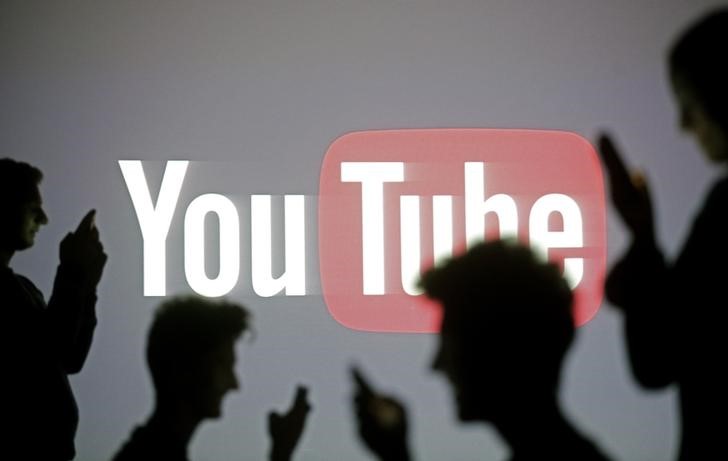By Nikola Rotscheroth and Harro Ten Wolde
DUESSELDORF/FRANKFURT (Reuters) - A German court reaffirmed on Wednesday that YouTube was only responsible for blocking copyright-infringing videos which had been brought to its attention, but the judicial panel said the Google (O:GOOGL) video unit could do more to stop breaches.
The Hamburg regional court rejected an appeal by German performing rights association GEMA, upholding a lower court ruling that said sites such as YouTube do not actively have to search for illegal activity by their users.
The appeals court rebuffed a Google appeal on a secondary issue in the case, finding that YouTube had failed to act promptly enough to takedown infringing videos in seven of 12 cases brought before the court. For the remaining five video clips at issue YouTube had no duty to remove them, it said.
A spokesman for Google in Germany said it would wait until the court's detailed reasoning is published in two weeks' time before deciding whether it would appeal aspects of the ruling.
GEMA, which represents more than 70,000 composers, lyricists and music publishers who hold copyrights in Germany, also said it was waiting to see the full ruling before considering whether to mount a further appeal.
The ruling centred on whether the Internet service provider was simply acting as a host for users to upload video clips and then what responsibilities it bears for policing copyright violations once it has been notified they have taken place.
"If such a service provider has been made aware of a clear violation of the law, it must not only remove the content, but also must take precautions to avoid further infringements of copyrights," the court said in its ruling.
For nearly a decade, Google has faced lawsuits by performance rights organisations in courts around the world claiming that YouTube enables wholesale copyright infringement.
YouTube says it is able to block illegal video clips by using a technology it developed which adds a digital fingerprint to any copyrighted video brought to its attention.
However, for the fingerprinting technology to work, copyright holders must provide YouTube with a list of illegal clips, something that Google maintains GEMA has largely refused to do.
GEMA chief Harald Heker said in a statement: "The regional court's ruling shows that YouTube cannot evade responsibility for copyright infringements."
YouTube and GEMA are fighting several legal battles.

Google won a legal victory on Tuesday over GEMA, which had sought to make YouTube pay each time users watched music videos by artists it represents.